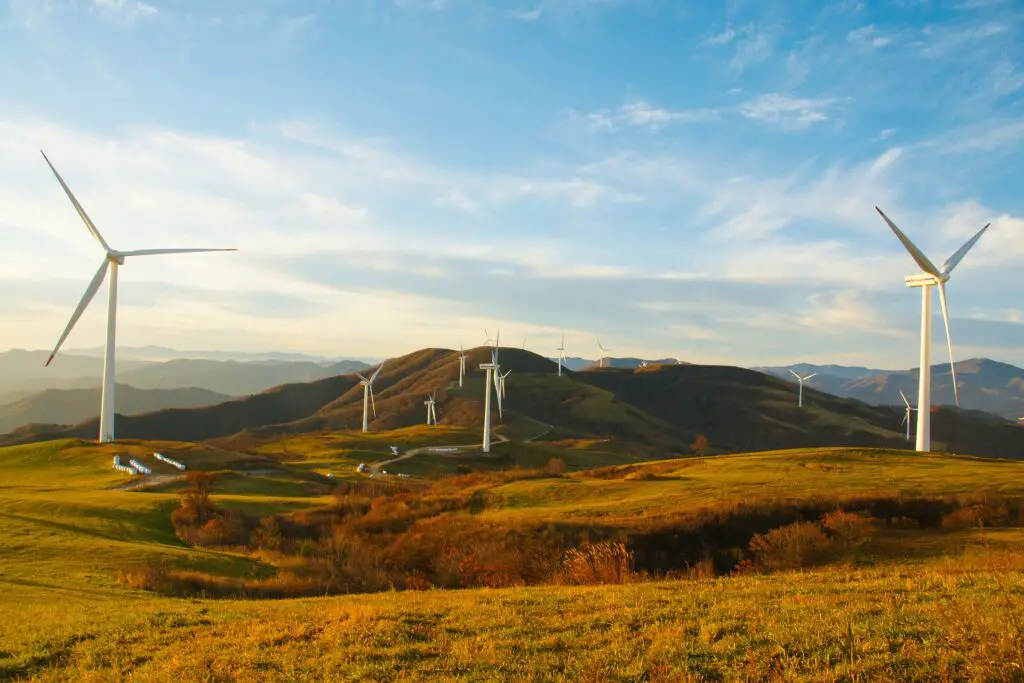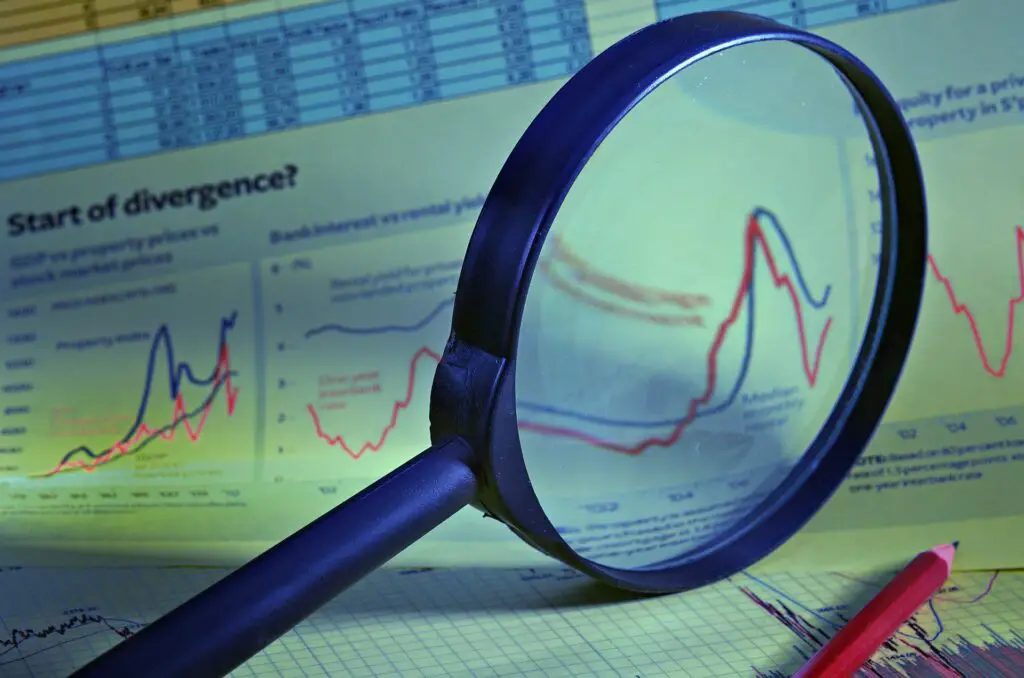The Climate Change Effect: What It Means for Our Future
Climate change effect / climate change impact :
Introduction
Climate change is no longer just a distant fear—it’s happening right now, and its effects are becoming more visible in our everyday lives. From hot summers and stronger storms to rising sea levels and changing seasons, the impact of a warming planet is all around us.
But what does this mean for our future? How will these climate change impact the way we live, work, and interact with our environment? In this climate change effect post, discover the different ways climate change is changing our world and what we can think in the years to come. Understanding these effects is key because the choices we make today will control the kind of world we leave for future generations.
The Environmental Effects of Climate Change

The environment is where we first see the climate change effect, and these changes are happening faster than many people understand. Here are some key ways the environment is being affected, along with examples that highlight the impact.
- Changing Weather Patterns
climate change effect is leading to more risky and volatile weather. For example, we’re seeing more common and powerful heatwaves, heavier rainfall, and longer droughts. In recent years, cities like Paris and New Delhi have experienced record-breaking heat, causing serious health risks for millions of people. On the other hand, places like Houston have faced shocking floods due to unusually heavy rains.
- Impact on Ecosystems
As the climate change effect, many plants and animals are struggling to survive in their natural habitats. Some species are moving to cooler areas, while others are facing death. For instance, polar bears are losing their ice habitats due to the melting Arctic ice. Similarly, coral reefs, like the Great Barrier Reef in Australia, are suffering from “coral bleaching” because warmer ocean temperatures are stressing them out, leading to large-scale die.
- rising Sea Levels
One of the most visible effects of climate change effect is the rise in sea levels, caused by melting glaciers and ice sheets and the increase of seawater as it warms. This rise is aggressive coastal communities around the world. For example, in the island nation of Kiribati in the Pacific Ocean, rising seas are already swallowing land, forcing some residents to move to other countries. Even in major cities like Miami, USA, the risk of flooding is increasing, leading to costly infrastructure changes to protect homes and businesses.
These environmental changes are not just about the loss of wildlife or beautiful landscapes—they have real values for people. As weather patterns become more risky, ecosystems are disrupted, and sea levels rise, the impact on our daily lives will continue to grow, highlighting the urgent need to address climate change.
The Economic Effects of Climate Change

- Impact on Agriculture: One major area affected is agriculture. Farmers depend on stable weather to grow crops, but climate change is causing more random conditions. For example, some area are facing droughts, which means there isn’t sufficient water for crops to grow. In other places, heavy rains and flooding can collapse fields. When crops fail, food prices can rise, making it harder for families to afford groceries.
- Costs of Natural Disasters: Natural disasters are becoming more common and severe due to climate change. Storms, wildfires, and floods can cause large damage to homes, businesses, and infrastructure. For instance, storm Katrina in 2005 caused over $125 billion in damages. When disasters attack, the costs to reconstruct can be awesome, and many people lose their jobs and livelihoods in the process.
- Energy and Resources: Energy costs are also affected by climate change. As temperatures rise, people use more energy to cool their homes and businesses, which can energy up electricity prices. Additionally, there is a growing need to invest in renewable energy sources, like solar and wind power, to reduce our trust on fossil fuels. While this chnage can create new jobs and opportunities, it also requires important investment and changes in how we produce and consume energy.
- Overall, the economic effects of climate change are important and general. From rising food prices and increased energy costs to the financial load of natural disasters, climate change is redesigning our economy. To reduce these effects, we need to adapt to the changes and invest in solutions that will help us build a more sustainable future
The Social Effects of Climate Change

- Migration and Movement: One of the major social climate change effect is movement. As sea levels rise and extreme weather events like storms and floods become more common, people are often forced to leave their homes. For example, families living in low-lying coastal areas may need to relocate to safer places, which can disrupt their lives and communities. This kind of movement can create stress and doubt for those affected.
- Impact on Communities: Different communities experience the effects of climate change differently. Low-income and sidelined groups often bear the brunt of these changes. They may lack the resources to adapt, such as the ability to move to harmless areas or to restructure after a disaster. This can lead to increased inequality, where some people suffer more than others due to factors beyond their control.
- Global Inequality: Climate change also has a global impact, wide the gap between rich and poor countries. Richer nations have more resources to invest in infrastructure, disaster response, and adaptation strategies. In contrast, developing countries may struggle to cope with the effects of climate change due to limited financial and technical support. This inequality can lead to social tensions and fights over resources, as people compete for progressively rare water, land, and food.
- Also, the stress and uncertainty brought on by climate change can affect mental health. People may feel nervous or helpless about the future, especially after feel a disaster or seeing the impacts of climate change in their communities. This emotional ring can lead to increased rates of anxiety, depression, and other mental health issues.
The Health Effects of Climate Change

- Heat-Related Diseases: One major concern is heat-related illnesses due to climate change effect. As temperatures rise, more people are at risk of heat collapse and heatstroke, especially during heatwaves. Older adults, children, and those with pre-existing health conditions are particularly weak. For example, during a heatwave, hospitals may see an increase in patients suffering from heat-related issues, which can sometimes be life-hostile.
- Spread of Diseases: climate change effect spread of diseases. Warmer temperatures and changing rainfall patterns create ideal conditions for rats, like mosquitoes and ticks, which can carry diseases. For instance, diseases like malaria and dengue fever are becoming more common in areas that were previously too cool for these pests. As these diseases spread, more people are at risk of getting sick.
- Air quality is another important health issue connected to climate change. As temperatures rise, we see an increase in air pollution, including ozone levels that can cause breathing problems. People with asthma or other lung conditions may find it harder to breathe during hot days when air quality degrades. Poor air quality can also affect everyone’s health over time, leading to chronic conditions.
- Mental Health Impacts: Mental health is another significant concern linked climate change effect. The stress and anxiety caused by extreme weather events, like storms or wildfires, can take a toll on mental well-being. People may feel upset after losing their homes or loved ones, leading to increased rates of anxiety, depression, and post-shocking stress disorder (PTSD). Even those who are not directly affected may feel anxious about the future as they see the impacts of climate change around them.
Conclusion
climate change is having a deep impact on our world, and climate change effect are being felt in many areas of our lives. From the environment to the economy, society, and our health, the changes taken about by a warming planet are significant and far-success.
We’ve seen how climate change affects weather patterns, leading to more extreme events like floods and heatwaves. These changes not only upset ecosystems but also create economic challenges, making it harder for farmers to grow food and increasing costs for everyone. Informally, weak communities are often the hardest hit, facing movement and growing inequalities.
Moreover, our health is at risk from heat-related illnesses, the spread of diseases, and mental health challenges caused by climate-related stress. As these issues become more common, it’s clear that we need to take action.
The good news is that we can make a difference. By understanding the effects of climate change and taking steps to reduce our carbon footprint, support renewable energy, and help our communities adapt, we can work towards a more sustainable future. Every small action counts, and together, we can help create a better planet for ourselves and future generations. Let’s stay informed, take action, and advocate for change to fight the effects of climate change and protect our world.

Pingback: Major 5 type of Pollution and Our Planet: The Urgent Need for Change